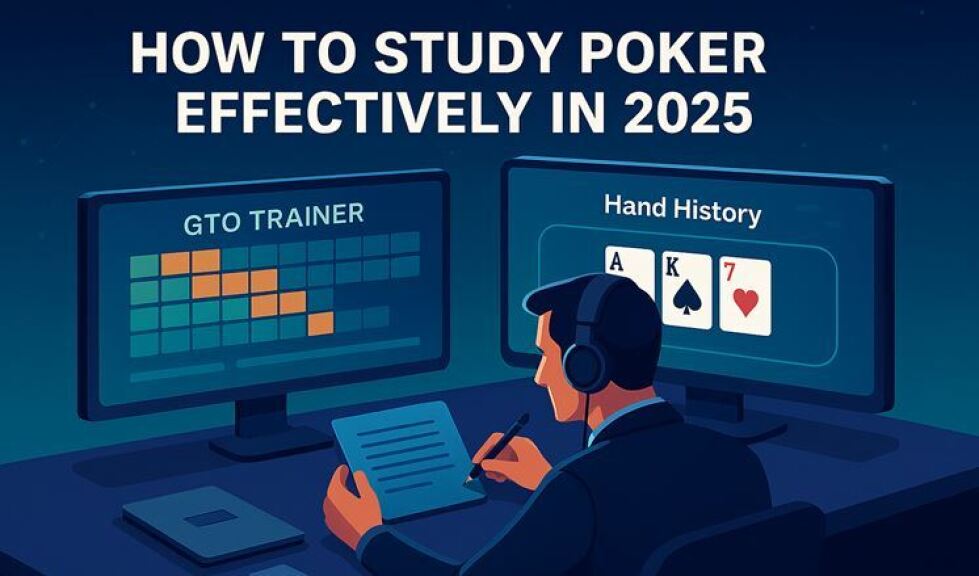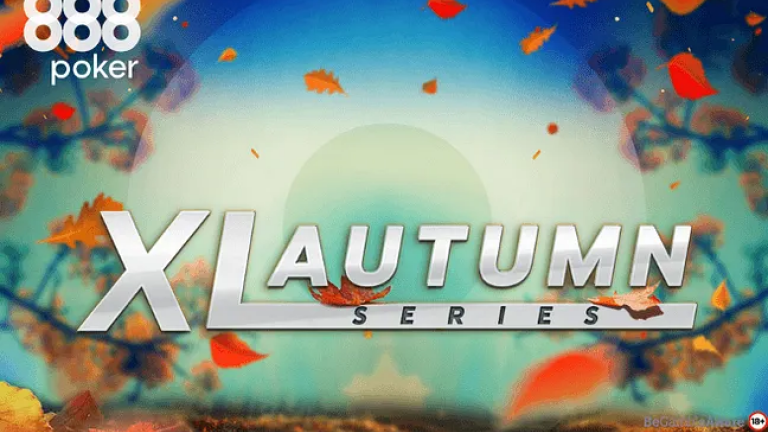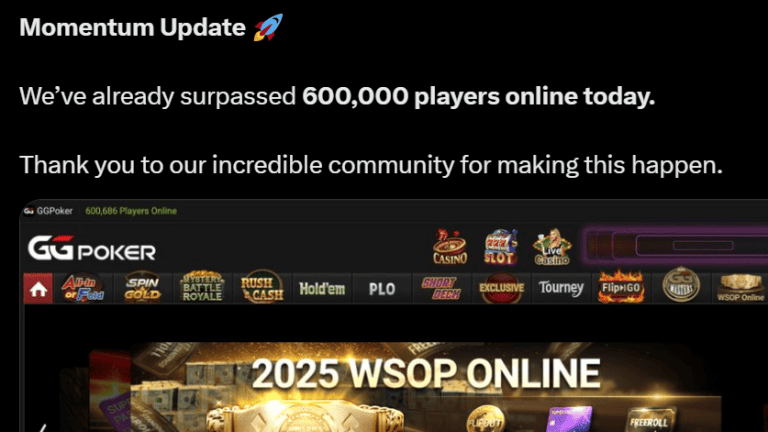Introduction
Welcome to the world of poker in 2025, where advanced tools and strategies can help you improve your game. Whether you're a beginner or a seasoned pro, studying poker effectively is key to success. With so many resources available—solvers, training sites, AI tools, and more—it can be overwhelming to know where to start.
This guide provides a clear, actionable roadmap for studying poker in 2025. We'll explore key ideas and habits to help you focus your efforts, from setting clear goals to building a simple, repeatable study routine. Whether your aim is to stop punting stacks, shoot for higher stakes, or go full-time, this guide will help you tailor your study plan to match your aspirations.
We'll also cover the psychological aspects of poker, the importance of identifying and fixing leaks in your game, and the benefits of joining study groups or hiring a coach. By the end, you'll have a comprehensive understanding of how to study poker effectively, ensuring you're not just playing harder but smarter.
Let's dive in and make the most of your poker study time in 2025.
Why Are You Studying Poker? Setting Clear Goals
Before diving into poker study materials, take a moment to reflect on your objectives. Understanding your current skill level and future aspirations will help you create a tailored study plan. Ask yourself:
- Where am I now? (What stakes are you playing? Which poker format do you want to improve?)
- What are my goals for the next 3-6 months—or even long-term? (Are you playing for fun and want to reduce mistakes? Aiming for higher stakes like 100NL cash games? Or dreaming of going pro?)
Your study plan should align with these goals. For example, analyzing high-stakes tournament strategies won’t help much if you primarily play low-stakes cash games. Focus on the areas that matter most for your current level and ambitions. Clarity in your goals ensures your study time is well spent.
Focus Your Studies on the Games You Play
This sounds obvious, but it's where many newer players go wrong. They watch content or review hands from formats they don't play.
If you play 6-max online cash, focus your study there. If you're grinding live $1/$2 games, your time is better spent on exploitative strategies and player reading than memorizing GTO ranges for 4-bet pots. If you play 10NL cash, a video from Uri Peleg analyzing high-stakes-end bosses' range construction will help you very little.
Tip: At least 70% of your study time should go into reviewing hands or spots you've been in. The best way is to face your mistakes and doubts through your hands.
Creating a Consistent and Effective Poker Study Routine
You don't need to study for four hours a day. You just need to show up consistently, even if it's 30–60 minutes a few times a week.
Here's a solid routine you can copy:
Step 1: Review Your Hands – Tag hands while playing or filter them later using tracking software like PokerTracker, Hand2Note, etc. – Look for spots where you weren't sure what to do. Focus on patterns, not just big pots. Repeated mistakes might show up in winning hands, so don't overlook those while focusing on the pots you've lost.
Step 2: Learn the concepts – The easiest way is to sign up for a course on a training site. You need to look for a reputable author with structured content. Watching random videos from random guys on YouTube won't be effective. You could use a solver to break down hands and ranges if you are an intermediate player. – Ask: Why is this the right play? What is my range here? What's villain likely doing? (How to deviate exploitatively?)
Step 3: Practice – Run drills or use trainer apps like GTO Wizard. – Repetition helps build intuition way faster than passive watching. Using your brain to force yourself to solve a problem is a lot more effective than watching a video while you are probably multitasking (eating something, checking your phone, etc.)
Step 4: Reflect – Jot down 1–2 things you learned that day. That makes it stick. You can use post-its and reminders on what to focus on in the next few sessions that must be built into your game.
Consistency is way more important than intensity. A little every week beats excessive learning and forgetting everything.
Using GTO Wisely: Avoid Common Pitfalls
Solvers are powerful, but they can be a time-waster if you use them the wrong way. You don't need to memorize solver outputs. Your job is to understand why a solver prefers one line over another. Especially if you are a beginner, using these tools can do more harm than good. It's very likely to miss the bigger picture and extract valuable information when you don't have experience.
Looking up your hand in that spot and noting that your play was GTO-approved is the biggest pitfall a beginner could get into. In a theoretically optimal range construction, there are many splitting of ranges, where both options are fine or practically the same EV. When playing against real humans with their mistakes, these 0EV plays and the same EV plays become clear-cut terrible or genius plays. Until you understand this, it's better to avoid solvers.
When you are ready to work on your game this way, start with common spots:
- BTN vs BB single-raised pots
- C-bet strategies on dry vs wet boards
- 3-bet pots as the preflop raiser
Use tools like GTO Wizard or Simple GTO Trainer that explain ranges and show frequencies visually. Most modern tools now have a "trainer" mode — use it to drill real spots instead of just staring at charts.
And remember: in low-stakes games, most players aren't playing anywhere near GTO. So use GTO to build your baseline, then learn how to exploit.
Identifying and Fixing Leaks in Your Poker Game
One of the best things you can do? Review your big losing hands and look for consistent leaks.
Ask yourself:
- Am I over-bluffing or under-bluffing?
- Am I folding too often to aggression?
- Do I call too light in 3-bet pots?
Tracking software helps with this a lot. But even if you don't have a HUD, reviewing your losing hands daily/weekly will reveal a lot. You'll start spotting repeat mistakes—and that's where the real improvement happens.
Also, it is a good idea to have filters for specific spots. When you find a leak in your game, you can work on it by reviewing all the hands about it. This way, you can come up with hands that you actually won but misplayed at the same time.
Improving Your Mental Game for Better Poker Performance
Tilt, impatience, fear, overconfidence. These are just some everyday things every poker player deals with.
The difference is that good players work on it, but most don't. You don't need to go full zen monk, but a little mindset work goes a long way. Here's what helps:
Keep a tilt journal: Write down hands that triggered you and how you reacted. (Writing down your thoughts will also help in other areas.)
Use mental game content; the best authors are those related to poker. Look for an author with integrity; don't just consume any content you find.
Set clear session goals: e.g., "Stay focused for 90 minutes, no results-checking."
Your mindset leaks can cost you more money than strategy mistakes. Don't ignore them, work on them daily.
Joining Study Groups or Hiring a Coach for Faster Progress
Poker can get lonely, especially online. And it's easy to miss leaks or misunderstand concepts when you're learning solo.
That's why study groups are gold. You don't need to be in some elite mastermind—just find a few grinders who take the game seriously.
Look for:
- Discord servers (Team Hero, BBZ, Smart Poker Study, etc.)
- Reddit threads (r/poker has a bunch)
- Private message groups or coaching forums
Review hands together. Share tips. Hold each other accountable. It makes studying more fun and way more effective. The only thing you should keep in mind is to find an active group with like-minded people.
The only problem with a study group is its strength simultaneously. Most likely, similar players form the study group, with similar goals and levels of the game. There will be a point where levelling up your game becomes impossible without help from outside.
That is when you should hire a coach, personally or as a group, who can lead you to more complex concepts by answering questions none of you could answer.
Balancing Study Time with Actual Poker Play
This is huge. Some players study too much and barely play. Others grind non-stop but never fix their leaks. Actually, you need both.
A good rule of thumb: for every 5–10 hours of play, aim for at least 1 hour of structured study. That keeps your game sharp without burning you out. You might also combine studying with playing in the form of warm-ups and cool-downs.
And when you study, study. Don't just watch videos on 2x speed while scrolling TikTok and Facebook. Go deep on one or two concepts at a time.
Final Thoughts: Smart Poker Study Habits for 2025
Studying poker in 2025 doesn't mean grinding solvers 8 hours a day. It means:
Focus on what matters for your games, and use the available tools wisely. It also means building a simple routine that helps you achieve short- and long-term goals. Being honest with yourself and keeping your mindset sharp is crucial. Your mental game can sometimes become even more important than your technical skills.
Poker is still a game of skill, patience, and adaptation. The best players aren't the ones who study the most—they're the ones who study right.
So take what works from this, make it your own, and keep improving one hand at a time.

















0 comments